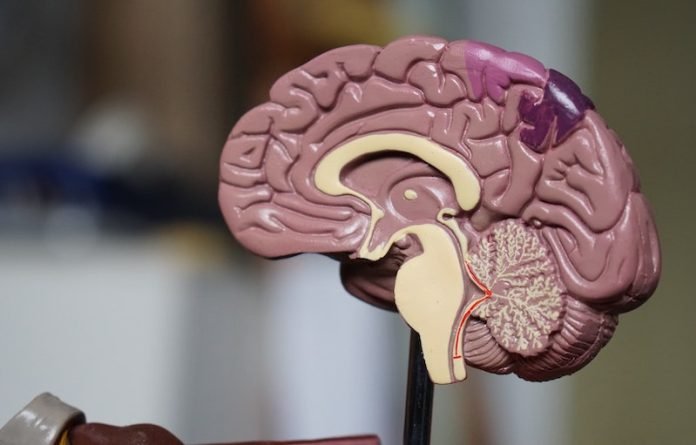
Vaccines and emerging treatments have reduced the health consequences of COVID-19 in most patients.
But the phenomenon of Long COVID, characterized by persisting symptoms that include neurological impairment, remains poorly understood and without any specific remedy.
In a study from the University of California San Diego, scientists found how the COVID-19 virus infects cortical neurons and specifically destroys their synapses—the connections between brain cells that allow them to communicate with each other.
The findings also report that the antiviral drug sofosbuvir, already an approved treatment for hepatitis C, effectively inhibited SARS-CoV-2 replication and reversed neuronal alterations in infected brain organoids.
Though primarily considered to be a respiratory disease, COVID-19 can cause temporary or long-lasting neurological symptoms in some patients, ranging from loss of taste and smell, impaired concentration (brain fog), and psychological effects such as depression to stroke, epilepsy, and encephalopathy (a change in brain function or structure).
In the study, the team exposed the brain organoids to SARS-CoV-2, observed viral infection and replication and noted that the virus rapidly decreased the number of excitatory synapses in neurons within seven days post-infection.
Excitatory synapses increase the firing action potential of a neuron, while their counterparts, called inhibitory synapses, decrease that potential.
However, when infected organoids were treated with sofosbuvir, viral replication was inhibited, and observed neurological impairments were rescued or restored.
The findings echo earlier computational models that suggested sofosbuvir could be a treatment.
The team says the bottom line is that sofosbuvir appears to have the potential to arrest or prevent the development of neurological symptoms in COVID-19 patients.
And because it has been shown to present no safety concerns in pregnant women, it might also be an option for preventing SARS-CoV-2 transmission to their unborn children.
If you care about COVID, please read studies about the cause of post-COVID syndromes, and COVID-19 is not just a respiratory illness, it can cause strokes too.
For more information about COVID, please see recent studies about face mask that can capture and deactivate COVID-19 virus, and results showing flu and COVID-19 vaccines may increase heart disease risk.
The study was conducted by Alysson R. Muotri et al and published in PLOS Biology.
Copyright © 2022 Knowridge Science Report. All rights reserved.



